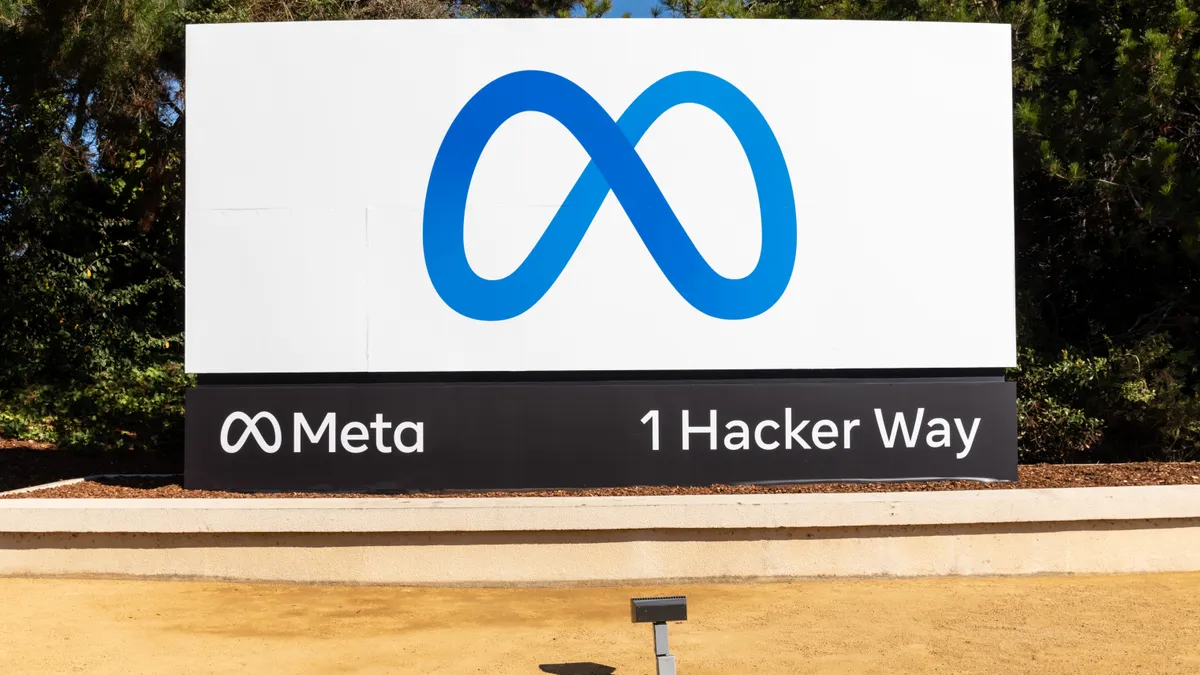Big tech’s heavy investments in artificial intelligence are so far receiving mixed reviews from Wall Street in the current earnings reporting season.
Microsoft, Meta, and Google parent Alphabet last week reported solid revenue increases, with AI playing a dominant role in their earnings calls. Microsoft and Google were rewarded with stock gains after their reports, but Meta’s stock plummeted — an outcome that analysts have attributed in part to its plan to double down on AI spending as it also braces for slowing sales.
“Investors are getting nervous that all this AI spending isn’t translating into obvious return,” Mike Walker, a senior research analyst at AllianceBernstein, said in an email. “Meta in particular had a bad combination of rising AI investment with a slightly lower growth outlook, and a healthy deceleration in revenue growth.”
Investors are likely concerned that Meta has no direct monetization strategy for AI, although the technology is making its ad targeting more efficient, Walker said. In contrast, Microsoft is directly monetizing AI and was able to quantify this in its quarterly earnings results, he said.
More big tech earnings reports are expected this week. Amazon reports on Tuesday, followed by Apple on Thursday.
Tech giants have poured billions of dollars into AI — particularly the “generative” variety — with the trend showing no signs of slowing down.
In January 2023, Microsoft announced a multi-billion-dollar investment deal with ChatGPT creator OpenAI that expanded a partnership between the two companies.
Soon after that deal, Microsoft developed Copilot, its own ChatGPT-like chatbot, which has since been added to a vast array of products and services offered by the software giant, including its Azure cloud computing service, Bing search engine and Windows operating system. The company has also introduced role-specific versions of Copilot for professionals in sales, customers service and finance.
“We have been doing what is essentially capital allocation to be a leader in AI for multiple years now, and we plan to keep taking that forward,” Microsoft CEO Satya Nadella told investors during a Thursday earnings call.
Microsoft's Azure and other cloud services grew 31% in the previous quarter, according to the software giant’s latest earnings results. The company’s Office 365 commercial product line posted a revenue increase of 15% for the quarter.
“This is what Wall Street wanted to hear, since in Q4, Microsoft reported that its investment in OpenAI was not generating significant revenue yet,” Louis Navellier, founder and CEO of Navellier & Associates, said in an email.
Going forward, the company expects its capital expenditures to increase “materially on a sequential basis,” driven by cloud and AI infrastructure investments, Microsoft CFO Amy Hood said during Thursday’s call.
“We continue to bring capacity online as we scale our AI investments with growing demand,” she said. “Currently, near-term AI demand is a bit higher than our available capacity.”
Meanwhile, investors are closely watching as big tech companies compete for a dominant position in the market for AI-powered software products. Analysts have been divided over whether tech rallies in the stock market over recent quarters reflect a potential AI-driven bubble that could burst at some point in the future.
The S&P 500 and Nasdaq Composite Index last Friday wrapped up their biggest week since early November 2023, gaining 2.7% and 4.2%, respectively, led by big tech, according to a report by Zacks Investment Research.
Investors were particularly pleased with Thursday earnings reports from Alphabet and Microsoft, with their shares rising 10% and 2%, respectively, on Friday, according to the Zacks report. Microsoft generated a total of $61.9 billion during the quarter ending March 31, an increase of 17% year over year. Alphabet’s revenues reached $80.5 billion, up 15% compared with a year earlier.
Meta, by contrast, saw its shares fall 10% on Thursday, a day after the company reported weak revenue guidance, coupled with a plan to hike AI spending in 2024 to between $35 billion to $40 billion. This rattled investors, overshadowing news that Meta’s revenue jumped 27% in the last quarter compared with a year earlier, according to analysts.
All of this comes as Meta’s Reality Labs unit, which is in charge of producing hardware and software related to the nascent “metaverse,” is bleeding cash, with the division’s cumulative losses since the end of 2020 topping $45 billion, according to CNBC.
“There’s no doubt that Meta is all in on AI but to achieve its vision, the company must make big investments in infrastructure,” Forrester analyst Mike Proulx said in an email. “The question remains whether Meta can contend in the AI race while maintaining a strong financial position. To do this, expect to see more metaverse resources diverted from Reality Labs to Meta’s AI initiatives.”




















